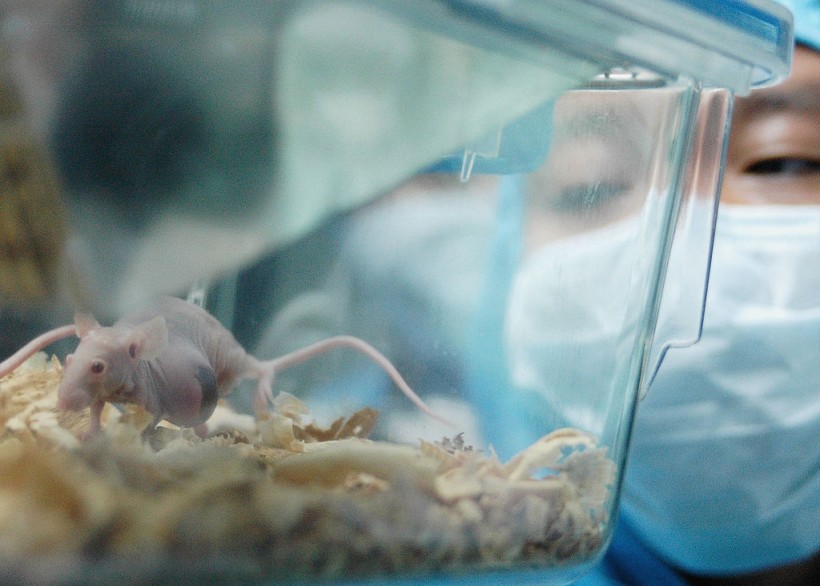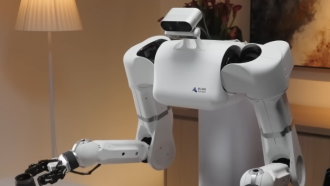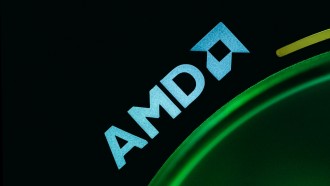Chinese scientists have made a groundbreaking discovery in anti-aging research. Using blood from younger mice, they have extended the lifespan of laboratory mice to the human equivalent of 120-130 years, the South China Morning Post reports.
The study, led by researchers from the School of Life Sciences at Nanjing University, focused on isolating an anti-aging component found in the blood of young mice.

(Photo : China Photos/Getty Images)
CHENGDU, CHINA - AUGUST 3: (CHINA OUT) A lab worker inspects a white rat which has tumours and is used for cancer gene therapy research, at the State Key Laboratory of Biotherapy established by the West China Medical School of Sichuan University on August 3, 2005 in Chengdu of Sichuan Province, southwest China. The lab has carried out gene therapy, immunotherapy, cell therapy and other researches, using thousands of white rats, according to local media.
Study Finds Youthful Blood Component Extends Lifespan in Mice
The research, published in the peer-reviewed journal Nature Ageing on April 16, revealed remarkable results. Male mice aged 20 months, typically with a lifespan of 840 days, were given weekly injections of this blood component. The researchers observed a remarkable 22.7% increase in lifespan, with the longest surviving mouse living up to 1,266 days.
According to Zhang Chenyu, co-leader of the study, and his colleagues, the injections extended lifespan and reduced age-related functional decline in various organs, including the hippocampus, muscles, heart, testes, and bones.
However, the study's findings also sparked concerns about ethical implications and potential misuse. Zhang addressed these concerns, emphasizing that any potential treatment derived from this research would be administered as drugs rather than through direct plasma exchange. The goal, he stated, is to identify potent rejuvenating factors for targeted treatments.
SCMP tells us that the study sheds light on the mechanism involving small extracellular vesicles (sEVs), which are crucial in reversing age-related degenerative changes in older rodents. These sEVs, found in various body fluids including blood, transfer nucleic acids and proteins between cells, mediating the exchange of information.
By recognizing and exploiting this mechanism, the researchers observed longer survival times than in previous animal studies.
Read Also: CDC, FDA, USDA Ramp Up Bird Flu Testing on Milk, Meat Amid Growing Concerns
Can Blood Exchange Stop Aging?
While this breakthrough is significant, previous attempts at similar interventions must be noted. Bryan Johnson, a multimillionaire tech entrepreneur, conducted a multigenerational plasma exchange with his son and father in hopes of influencing age-related brain decline. However, after six young plasma exchanges, Johnson concluded there were "no benefits."
Discontinuing therapy: completed 6, 1L young plasma exchanges. 1x/mo (1 w/ my son). Evaluated biomarkers from biofluids, devices and imaging, no benefits detected.
— Zero /dd (@bryan_johnson) July 5, 2023
Young plasma exchange may be beneficial for biologically older populations or certain conditions. Does not in my…
American blood transfusion startup Ambrosia previously sold young plasma transfusions but shut down following a US Food and Drug Administration (FDA) warning. The FDA has also issued a statement against plasma transfers for age-related diseases, citing a lack of proven clinical benefits and potential risks.
Moving forward, the Chinese research team acknowledges that their study is just the beginning. Many scientific questions still need to be answered before the findings can be clinically tested and developed into a treatment. The researchers also said that trials on large primates closer to humans are necessary steps in this process.
Stay posted here at Tech Times.
Related Article: New Research Finds Certain Disease-Causing Bacteria Feeds on Human Blood's Serum






